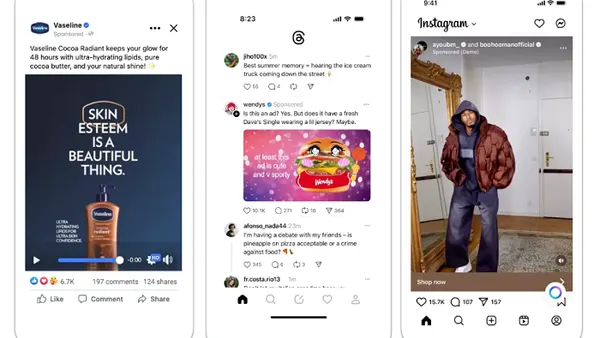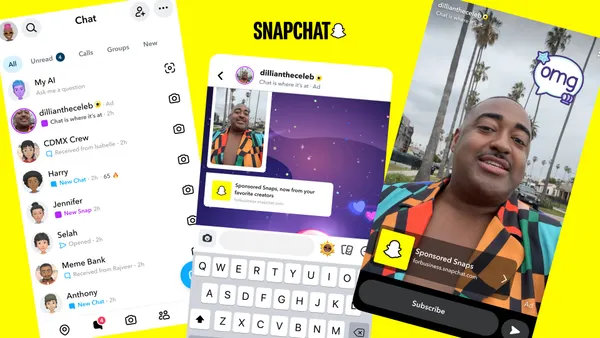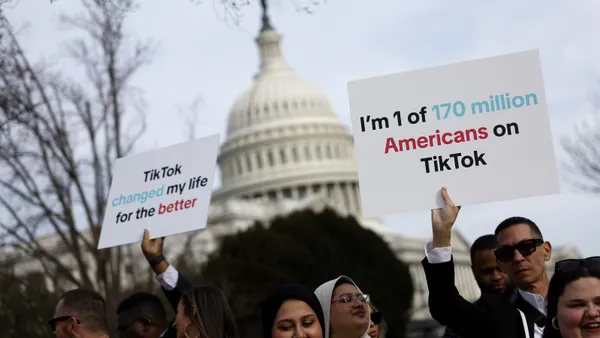Brief:
- Facebook Messenger, the social network's mobile messaging app with 1.3 billion users worldwide, is unlikely to support transactions made in cryptocurrencies like bitcoin anytime soon. David Marcus, Facebook's vice president of messaging, said in an interview with CNBC that these types of payments are expensive and "super slow."
- Facebook last week banned all cryptocurrency-related ads from its platform to crack down on a profusion of questionable coin offerings. Marcus said the vast majority of such ads were scams, which the company doesn't want to propagate even if it means lost sales.
- Marcus has deep roots in the payments industry, with a background that includes starting Zong, a mobile payments company he sold to PayPal. He later was named president of PayPal before leaving to join Facebook in 2014. In December, Marcus joined the board of directors of Coinbase, a digital currency exchange that lets people trade bitcoin, bitcoin cash, ethereum and litecoin.
Insight:
Digital currencies have been around since the birth of bitcoin in 2009 but received a fresh storm of media attention starting last year as their value skyrocketed. But cryptocurrencies are also viewed with suspicion because of highly publicized coin thefts, associations with criminal activity and money laundering, along with a variety of technical glitches. The blockchain technology that manages digital currency transactions has enormous potential to dramatically change the way global commerce is conducted, but as with any innovation, it's also difficult to predict how or when the effects will occur.
Facebook is smart to be cautious about embracing digital currencies on Messenger, given their technical limitations. Last month, the fintech startup Stripe announced that it would withdraw support for bitcoin payments for several reasons. Bitcoin's value has so far been wildly volatile — it's not uncommon for the currency to lose a third of its value in a single day. Transactions in the currency can be slow because of how long it takes to update ledgers throughout its blockchain. That combination of volatility and delays has led to longer confirmation times for transactions and higher failure rates, causing many businesses to hesitate from accepting that form of currency.
In recent years, Messenger has evolved from a nimble messaging app into a somewhat cluttered mix of add-ons such as payments, customer service bots, games and disappearing posts similar to Snapchat Stories. Messenger started inserting ad space into users' message feeds among conversations with family and friends. The company introduced a controversial Messenger Kids app in December to target children under age 13, a move that was condemned by activists for peddling a kind of mobile gateway drug to children. Messenger got so overburdened with features that the company last year introduced a "Messenger Lite" version for Android phones to appeal to people with spotty mobile coverage. For now, streamlining the app will likely be a bigger priority than offering cryptocurrency payments.











